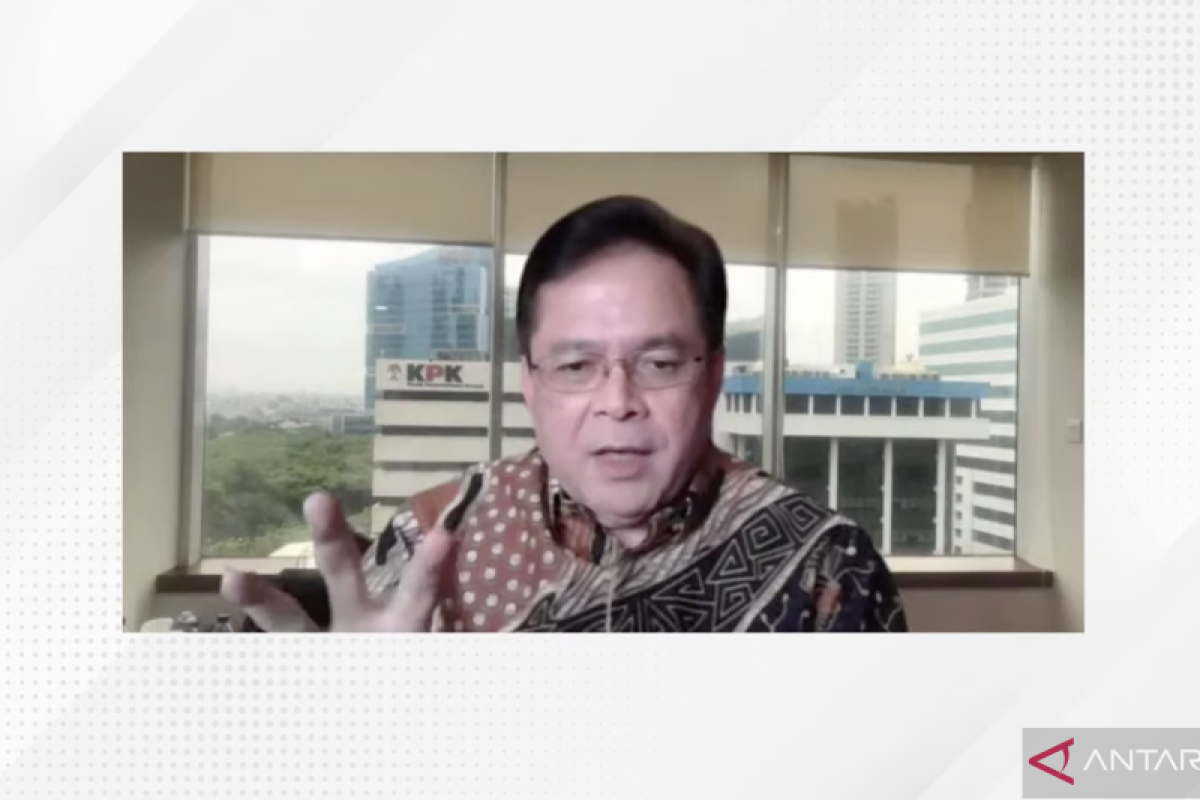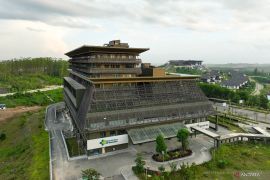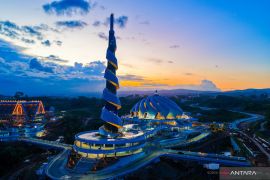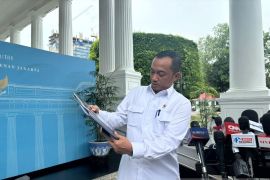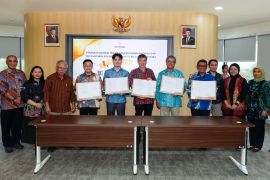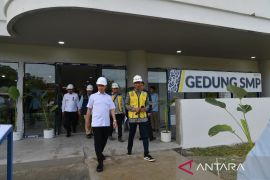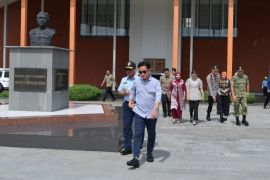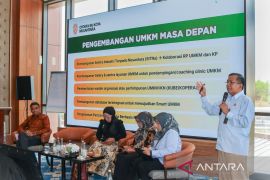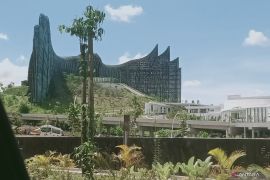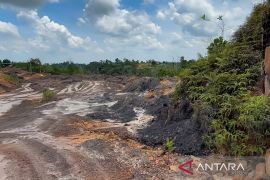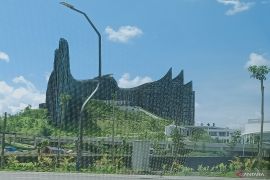Only the seat of the government will move, so Jakarta will remain the center of economic activities. The economic activities will not be moved, but we will create a new one there.Jakarta (ANTARA) - The capital city's relocation from Jakarta to East Kalimantan is part of the government's efforts to create a new economic center, Deputy Head of National Development Planning Board (Bappenas) for Regional Development Rudy Prawiradinata stated.
Speaking during an online discussion themed "Moving Towards a New Capital City," Prawiradinata noted that President Joko Widodo had highlighted the importance of an Indonesian centrist vision for which the capital city should geographically move further to the center of the country that has huge potential for economic development.
"Only the seat of the government will move, so Jakarta will remain the center of economic activities. The economic activities will not be moved, but we will create a new one there," he stated.
For three to four decades, the national economic growth was centered in Java and Sumatra that contributed 80-82 percent to the national economy. Meanwhile, the contributions of Kalimantan, Sulawesi, Maluku, and Papua to the national economy only reached 15 percent, he noted.
Moreover, the relocation of the capital city is one of the strategies to achieve the vision of Advanced Indonesia in 2045. Several international institutions have projected Indonesia to become the fifth developed nation by 2045.
Related news: IKN relocation strategy focused on realizing Indonesia's Vision 2045
Bappenas has readied eight principles with 24 key performance indicators (KPI) with regard to the development of the new capital city. In addition, it is determined to restore the function of forests in the new capital city, with 75 percent of it constituting a greenbelt.
"As we know, Kalimantan is known as the lungs of the world, so we must really ensure that the development aligns with the environment and not destroy (the forest) but instead restore its function," he affirmed.
Prawiradinata noted that 42 percent of the new capital city spanning an area of 256 thousand hectares was forest land cover. The government is keen to restore 75 percent of the forests into 75 greenbelts and 65 percent of them as a protected area.
In the long run, Bappenas has projected the new capital city along with Balikpapan and Samarinda to become a new economic growth center and a metropolitan area in 2045.
Related news: Capital city relocation offers momentum to boost equitable development
Translator: Kuntum Khaira R, Suharto
Editor: Rahmad Nasution
Copyright © ANTARA 2022
